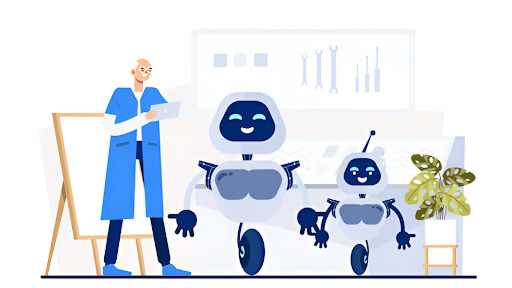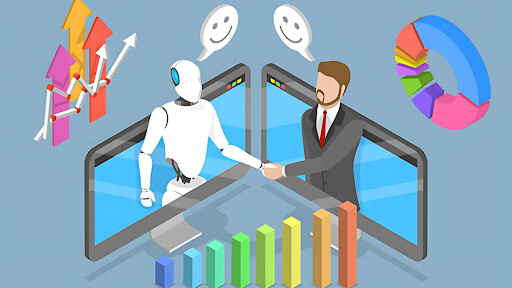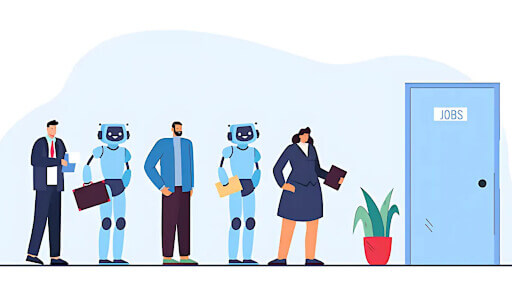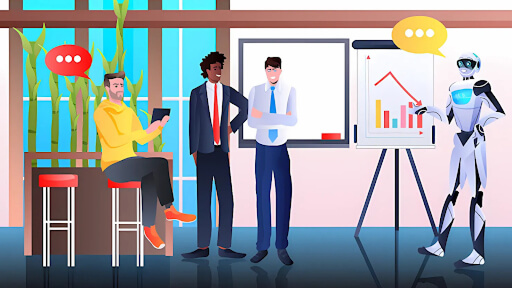 1-800-805-5783
1-800-805-5783 
We’re entering the era of intelligent agents—systems that can think, plan, and act on their own. So, Artificial Intelligence isn’t just about intelligent chatbots or automated replies anymore. At the heart of this revolution are AI Agent Frameworks. These powerful toolkits are helping businesses automate complex processes, improve customer experiences, and unlock the full potential of large language models (LLMs).
But before you dive in, it’s essential to understand what these frameworks are, how they work, and what they mean for your organization’s future. This guide breaks it down in simple, human terms.

Let’s start with the big picture. According to Precedence Research, the global market for AI agents was valued at $3.7 billion in 2023 and is projected to surpass $103 billion by 2032. That represents a massive annual growth rate of 44.9%. Something big is happening.
So why the sudden good? Businesses are seeking smarter, more adaptive tools—not just software that reacts, but systems that can make decisions and act on goals with minimal human intervention. AI Agent Frameworks make this possible by providing developers with a foundation to build intelligent systems quickly and efficiently.
A 2025 survey revealed that 78% of UK C-suite executives are already utilizing AI agents in some capacity. These aren’t just pilot projects—they’re delivering real value in the form of cost savings, faster workflows, and happier customers.
Think of an AI Agent Framework as a toolkit. Just like you’d use a construction kit to build a house, these frameworks provide the materials and blueprints to create digital agents that can:
Unlike traditional AI models that only react to specific inputs, AI agents are more dynamic in their responses. They can plan, adjust their course when needed, and act independently to achieve their goals.
Some key features you’ll find in these frameworks:
All of this combines to create agents that aren’t just smart—they’re capable.

There are numerous agent frameworks available, including AI Agent Frameworks, each with its strengths. Here are a few top AI Agent frameworks you might want to explore:
The best AI Agent frameworks for you depend on your goals, tech stack, and level of AI maturity.
Adopting AI Agent Frameworks can be a game-changer. Here’s how businesses are already benefiting:
It’s not just about saving time and money—AI agents can improve the quality of decisions and services you deliver.

Of course, no technology is without its risks. Here are a few things to keep in mind:
If you’re thinking about rolling out AI agents in your organization, here are a few smart steps to take:
The future of AI Agent Frameworks is exciting. We’re not far from agents that can learn from each other, negotiate tasks, and even improve their code.
Big players like Google, Meta, and OpenAI are already building multi-agent systems—digital teams that can collaborate and reason together. Imagine agents that brainstorm together, correct each other’s mistakes, or work in shifts to keep a business running smoothly.
And it’s not just tech hype. The earlier your business starts learning, the bigger the long-term payoff.

AI Agent Frameworks aren’t just another shiny tool—they represent a whole new way of thinking about automation, intelligence, and business growth. These AI Agent frameworks give you the power to build digital workers that think, act, and adapt independently.
But success isn’t guaranteed. You’ll need a clear plan, cross-team collaboration, and a willingness to learn as you go. The companies that start small, move fast, and build responsibly will be the ones leading their industries in the years to come.
So, if you’re a business leader looking to future-proof your strategy, now’s the time to explore what AI Agent Frameworks can do for you.
1. What is an AI Agent Framework in simple terms?
It’s a toolkit that helps you build intelligent software agents capable of making decisions, learning, and interacting with systems, much like a virtual teammate.
2. How are AI Agent Frameworks different from traditional AI tools?
Traditional AI responds to inputs. AI Agent Frameworks enable agents to plan, work independently, and collaborate with users or systems.
3. Are these frameworks only for tech companies?
Not at all. Any business—from retail to finance—can benefit by automating workflows, improving customer service, or optimizing operations.
4. What should I do before implementing an AI Agent Framework?
Start with a pilot project, choose the right framework for your needs, set up proper governance, and invest in training your team.
At [x]cube LABS, we craft intelligent AI agents that seamlessly integrate with your systems, enhancing efficiency and innovation:
Integrate our Agentic AI solutions to automate tasks, derive actionable insights, and deliver superior customer experiences effortlessly within your existing workflows.
For more information and to schedule a FREE demo, check out all our ready-to-deploy agents here.